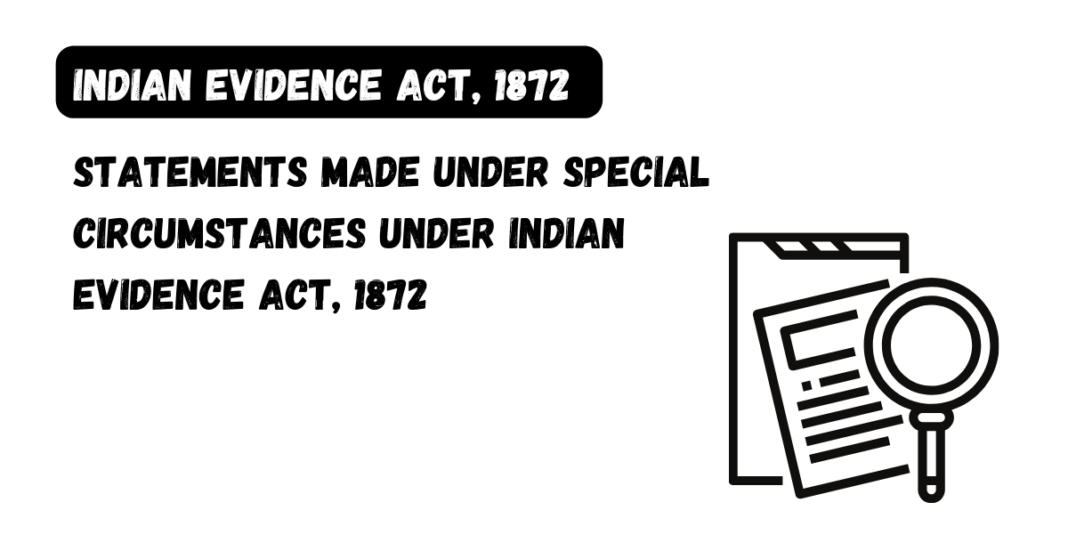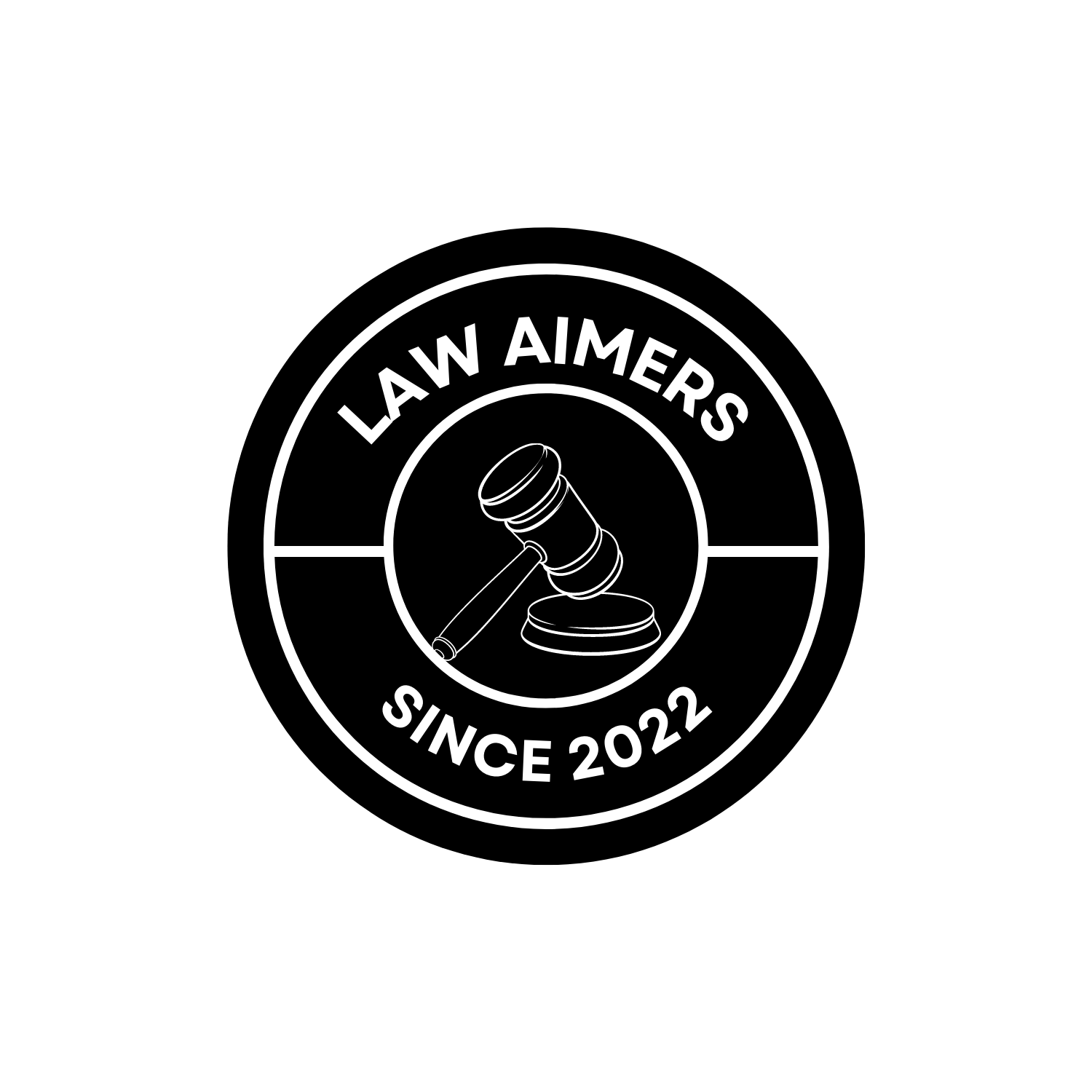Under the Indian Evidence Act, 1872, there are certain special circumstances under which statements made by individuals are considered admissible as evidence. These statements are exceptions to the general rule against hearsay evidence.
Statements relating to the existence of relationship (Section 32(5))
Statements made by a person who is dead or cannot be found regarding the existence of any relationship, such as marriage, birth, or legitimacy, are admissible. For example, a statement made by a deceased person confirming the marriage of two individuals may be admissible as evidence of their marital status.
Statements in public documents or registers (Section 35)
Statements contained in public documents, such as birth certificates, marriage certificates, or school records, are admissible as evidence. These documents are considered official records and carry a presumption of authenticity and accuracy.
Statements in ancient documents (Section 90)
Statements contained in ancient documents, which are more than 30 years old and produced from proper custody, may be admissible as evidence of the facts stated in them. These documents include historical records, maps, or official records that have been in existence for a significant period.
Statements against interest (Section 32(1))
Statements made by a person against their own interest may be admissible. For example, if a person admits to their guilt or responsibility for an offense, such a statement can be considered as evidence against them.
Statements made by a person with special knowledge (Section 45)
Statements made by a person who has special knowledge, such as an expert in a particular field, are admissible. For instance, the statement of a doctor regarding the cause of death or the opinion of a forensic expert can be considered as evidence.
Statements in course of business (Section 32(2))
Statements made by a person in the ordinary course of business, such as entries in account books or commercial documents, may be admissible as evidence. These statements are considered reliable as they are made in the regular course of business transactions.





